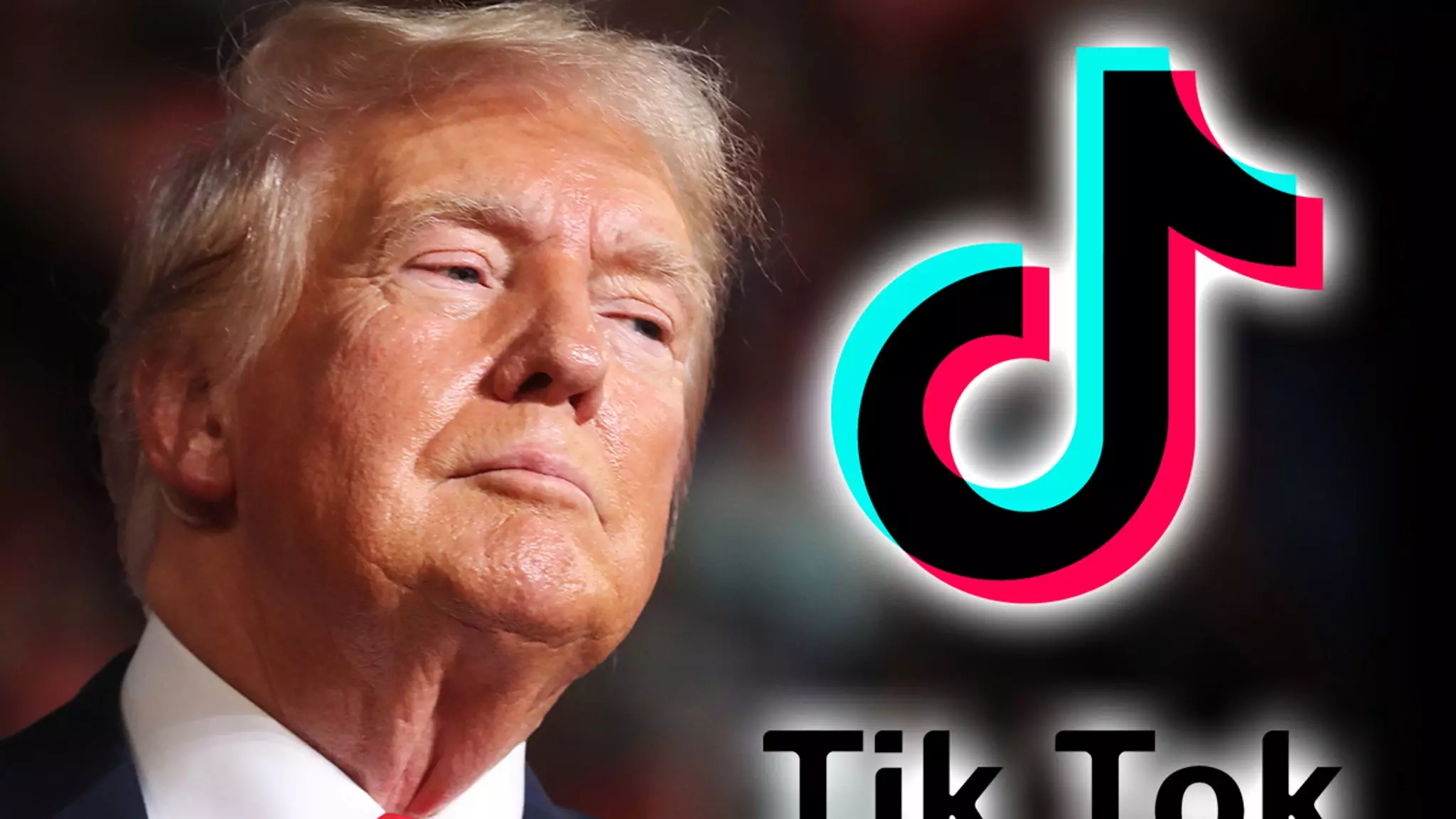As the countdown to Donald Trump’s anticipated second term accelerates, a legal showdown is brewing over the future of TikTok in the United States. The Supreme Court is being urged to step in and pause a controversial TikTok ban tied to national security concerns. A new law, set to take effect on January 19, demands that TikTok’s Chinese parent company either divest its ownership or see the platform shut down entirely. This scenario presents a fascinating case of how politics, public opinion, and technology can collide in an increasingly digital world.
Trump’s attorney, John Sauer, has formally requested that the Supreme Court delay the enforcement of this law, positing that Trump, upon taking office, would seek a political solution to the matter. In the documentation filed on the matter, Trump characterized himself as a “consummate deal-maker,” equipped with both the political mandate and the negotiation skills necessary to diffuse the situation without resorting to harsh measures against the platform. It’s an intriguing blend of self-promotion and political strategy, capitalizing on Trump’s established reputation as a negotiator.
On the opposing side, the government has firmly backed the impending legislation. According to separate briefs filed, officials have expressed grave concerns about the potential influence the Chinese government might wield over TikTok. This fear of foreign interference and its ramifications on national security has been a key argument in favor of the ban, highlighting the intense scrutiny with which foreign tech companies are now viewed in the U.S. political landscape. As TikTok’s ownership hangs in the balance, the stakes grow higher for all parties involved.
Trump’s also noteworthy presence on social media—boasting nearly 15 million followers on TikTok alone—reinforces his argument that he is uniquely positioned to address the platform’s challenges. The former president’s heavy engagement with social media underscores its pervasive impact on modern politics and communication. By framing himself as an influential user who understands the medium, Trump aligns his political ambitions with a narrative of preserving a vital communication tool for his supporters.
TikTok has officially opposed the ban, asserting that it violates First Amendment rights. Their argument emphasizes free speech and the need for diverse platforms in the digital space, adding yet another layer of complexity to the debate. As the Supreme Court grappled with this legal conundrum, the implications extend beyond TikTok alone; a ruling in favor of the ban could set a precedent affecting not only social media but also a range of platforms perceived as threats by the government.
As the Supreme Court deliberates over Trump’s request and the legality of the ban, the implications of this case may resonate far beyond the world of TikTok. It highlights the intricate balance between national security, free speech, and the evolving role of social media in political discourse. What comes next in this unfolding saga promises to shape the landscape of both technology and governance in America for years to come. In a digital age where information travels at lightning speed, understanding these intersections is more crucial than ever.

